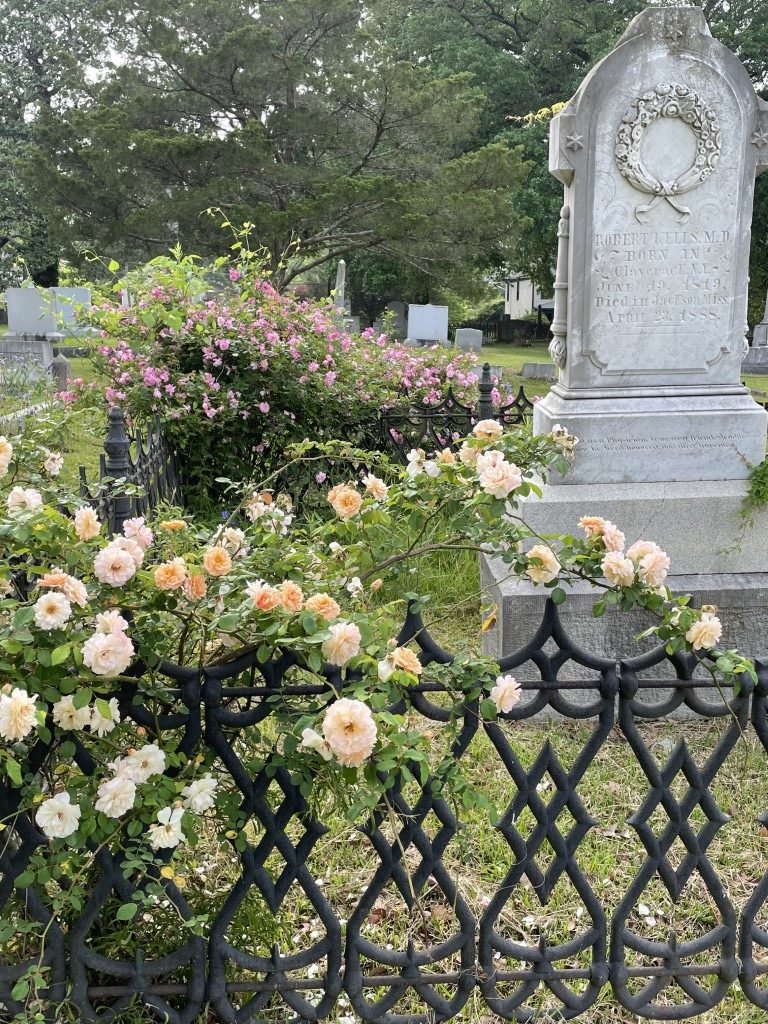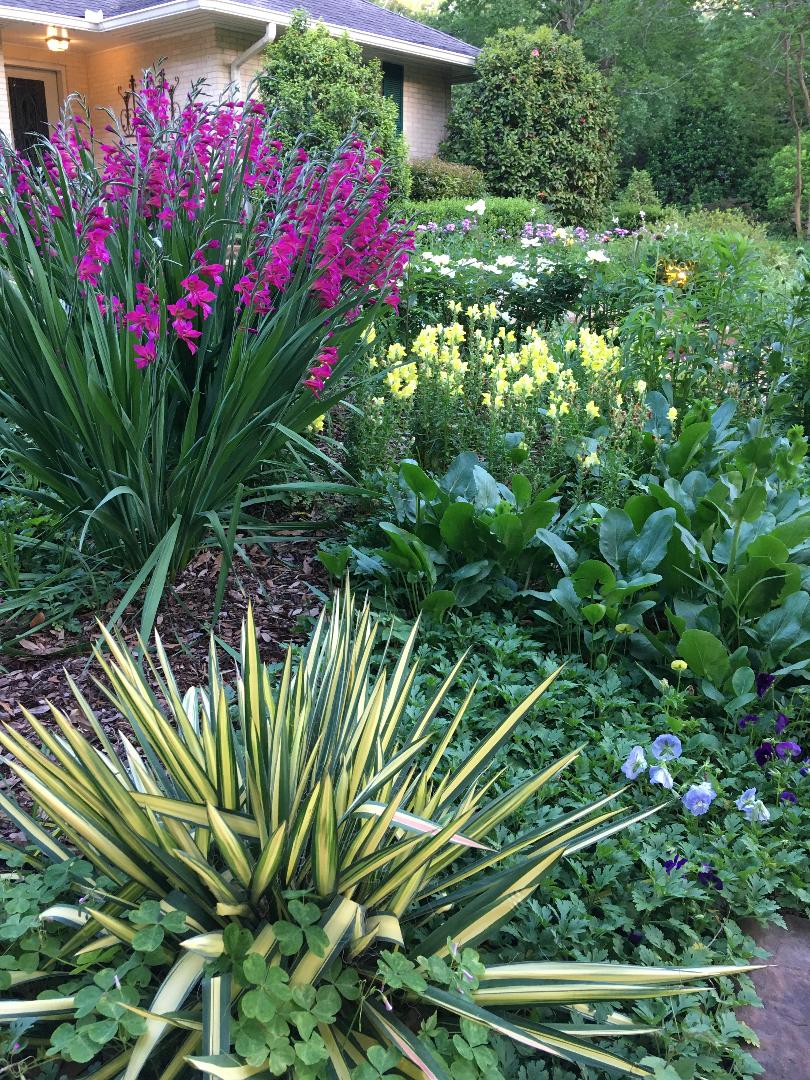Choose plants wisely, plant them well, and don’t give up
Published 9:04 am Friday, August 11, 2023
By Felder Rushing
What is the most bottom-line advice for reducing garden chores and helping our beloved gardens survive bad weather, bugs and blights?
Over the past forty-plus years of writing weekly gardening columns, my overarching goal has been to inspire and educate, and occasionally share a bit of consolation when things go awry – as they are wont to do for us all.
And blights, pestilences, and bad weather aside, my best advice for maximizing pleasure while minimizing chores and potential grief boils down to three things: Choose plants wisely, plant them well, and don’t give up when some don’t work out.
On the first note, just be aware that not all plants are easy to grow in Mississippi. I’m not a horti-hedonist who attempts growing all my heart and mind desires. Like with tamales and good ales, I have boundaries; in the garden I try to stay within very real constraints of time, energy, garden size, soil type, climate, and seasonal enthusiasm.
Yet, I still manage to savor hundreds of native and introduced trees, shrubs, vines, perennials, bulbs, succulents, annuals, and tropical plants, whether grown in dirt, raised beds, or containers.
Unlike horticulture with its scientific production-oriented approach, gardening is more about pleasure. I stick mostly with good species that can grow in Mississippi soils, weather extremes, and pest pressures; I plant them well; then give them just what they need, only when they need it, especially when it comes to fertilizing and watering.
Choosing hardy plants is more than just sun or shade, or whatever is recommended based on the USDA Plant Zone map which doesn’t take into account how our mild winters are punctuated by sudden deep freezes, or our heavy spring rains which limit deep roots, or our hot, dry summers with high night temperatures plus stifling humidity. It’s also about resistance to common, predictable insects and diseases.
So, I stick mostly with tried-and-true cemetery-tough and heirloom plants grown here for decades, and native plants including wildflowers grown as “regular” plants instead of willy-nilly like weeds.
Like you, I do window shop for alluring new plants in garden centers and exotic gardens around the world, but I keep my plant lust under wraps, never buy on impulse. I’m free to enjoy seeing exotic stuff elsewhere. Can’t eat every tamale, can’t grow every fanciful plant. Just say no.
I plant well, in wide beds and holes only lightly amended with bark and compost, and mulch with real tree leaves and bark for earthworms to distribute deeply while improving soil. Fertilize lightly, mulch some more, and, when practical, pull weeds before they spread (or plant stuff taller than the weeds).
Ninety-four percent of my garden only gets watered by rain. Really. Potted plants need more help, but I water like my award-wining horticulturist great-grandmother did: soaking deeply two times a few minutes apart, so they can go days or even weeks without extra attention.
Caveat: when I am gone weeks at a time, neighborhood home schoolers check on my potted plants every rainless week or two.
Fact: Larger pots with more plants need watering less often.
Whether you understand or not that our local weather is being affected by global climate issues, the tack I’m taking is to garden accordingly, using good plants, planted well, and not babied. And being okay with not having it all. And replanting as needed.
If you would like a great list of plants that fit this bill, for free, hit the “email me” button found at felderrushing.blog. In years to come you, too, can be free to enjoy rather than struggle with your garden.
Felder Rushing is a Mississippi author, columnist, and host of the “Gestalt Gardener” on MPB
Think Radio. Email gardening questions to rushingfelder@yahoo.com




